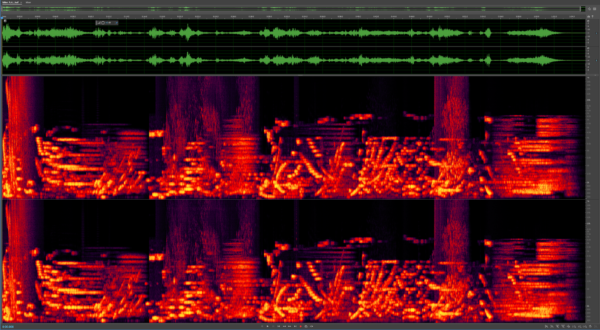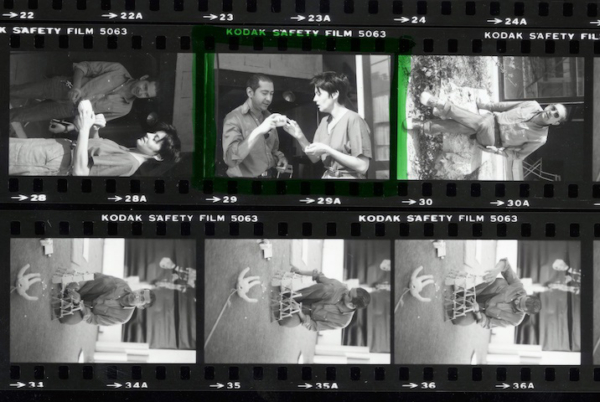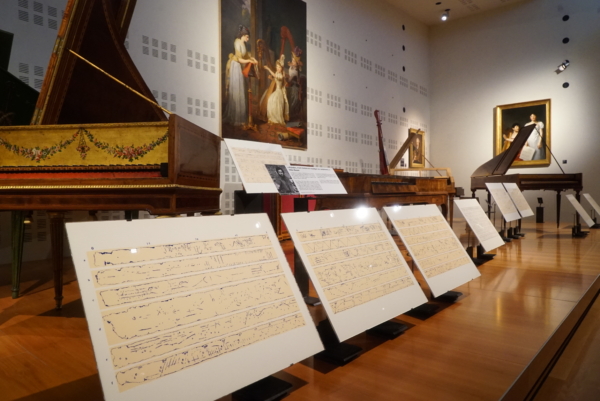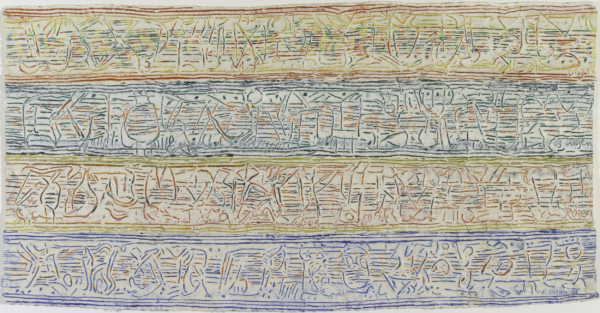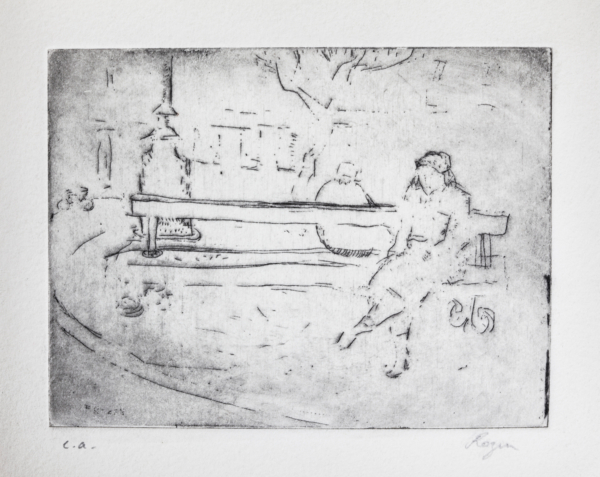A tribute by Alain Frachon

Felix Rozen in Prague, 1946.
On the ten-year anniversary of the death of Felix Rozen, which coincides with the launch of this official website, Alain Frachon, a columnist/foreign affairs specialist at Le Monde, pays tribute to the artist’s “indomitable energy.”
“By what miracle?”
Rozen is a child of the Eastern Front, this “land of blood,” as the great historian Timothy Snyder calls it. This is Europe between Hitler and Stalin. 14 million civilian deaths in ten years, mainly women, children and old people, murdered, starved, deported, gassed, tortured in this zone of misfortune — Russia, Ukraine, Poland, Belarus. Rozen was born at the time and place of the confrontation between the two great totalitarian regimes of the last century—a monstrous shock that was to provoke the greatest massacres in history.
The child Felix Rozen trudges along in the wake of the peregrinations of a Polish-Jewish family threatened with extermination by the Nazi advance and subject to the risks of Stalinist fury, although his father believed in emancipation by International Communism. By what miracle of genetics does this child accumulate the creative energy that will make him the complete artist to whom this site is dedicated? Who leaned forth, what angels of music, of art, watched over Felix, the child of the “land of blood”? What influences in this world of deadly dangers that made up those first years?
Because there is a Rozen mystery, or rather a Rozen miracle. It is the story of a man who, unconsciously or consciously, would, all his life, transmute these initial years lived in terror into a creative explosion that would lead him from Paris to Collias, then to New York, then to Tokyo, and elsewhere still. From where did Rozen draw the indomitable energy that makes this story — personal and artistic, private and professional — an uninterrupted succession of creative moments? As if every element of his existence, of this life, of this accumulated culture, of his origins in the darkest aspects of the 20th century, every woman and child of his tribe, everything in this life was destined to find its place through composition — pictorial or musical.
I did not know Rozen. I just remember a visit to his work space, shortly after his death, in Boulogne-Billancourt. Three, four steps down, I think, and then, if I remember correctly, stacks of cardboard transformed into canvases by his genius for shapes and colors — and no matter what ‘school’ the boxes may or may not have belonged to, I can’t say. It was just beautiful and disturbing. I still have that in my head. I didn’t know Rozen, except for a little film about him, working in his studio, directed by one of his daughters. But I know one thing: he belongs to this category of man or woman who has understood that, in life, if you do not catch “the big fish that pass” — that is to say, everything this beautiful life has to give — then you risk missing out. Maybe Felix Rozen knew that, because he had defied the worst.
Alain Frachon, June 2023

Felix Rozen in Prague, 1946.
